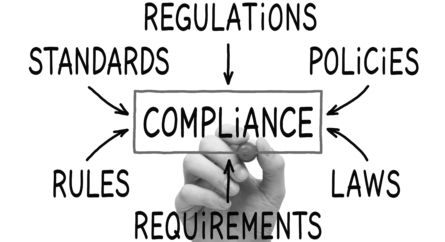Changes to DOE Enforcement of New Title IX Regulations
The US Department of Education announced this week that secondary schools are no longer prohibited from relying on statements that are not subject to cross-examination in Title IX decision-making. The announcement comes on the heels of a Federal District Court of Massachusetts case, Victim Rights Law Center et al. v. Cardona, and applies to institutions of higher education across the country.
A decision-maker at a postsecondary institution may now consider oral and written statements made by the parties and witnesses during the investigation including statements made during the investigation, emails or text exchanges, police reports, Sexual Assault Nurse Examiner documents, medical reports, and other documents even if those documents contain statements of a party or witness who is not cross-examined at the live hearing.
The court upheld twelve additional provisions contained in the 2020 Title IX Regulations including:
- The definition of Sexual Harassment;
- How a Recipient of a Formal Complaint of Sexual Harassment Must Respond;
- The presumption of Non-Responsibility;
- Required Time Frames;
- The Standard of Evidence;
- Mandatory Dismissal of Formal Complaints;
- Discretionary Dismissals/Notice of Dismissal;
- Prohibition on Restrictions of Either Party To Discuss Allegations or Gather and Present Relevant Evidence;
- Recipients May Require Hearing and Must Have Opportunity To Submit Written Questions;
- Preemptive Effect;
- Exercise of rights protected by the First Amendment is not retaliation; and
- Charging an individual with a code of conduct violation for making a materially false statement in bad faith does not constitute retaliation.
Secondary schools should consult with counsel to ensure their Title IX policies and procedures comply with the remainder of the 2020 Title IX Regulations which are still in effect.
For more information, please contact your Bowditch attorney at 508-791-3511.
This update has been prepared for informational purposes only and it is not legal advice. The content may be considered advertising for legal services under the laws and rules of professional conduct of the jurisdictions in which we practice.
Categorized: Policies, Sexual Misconduct
Tagged In: secondary school, sexual harassment, Title IX









